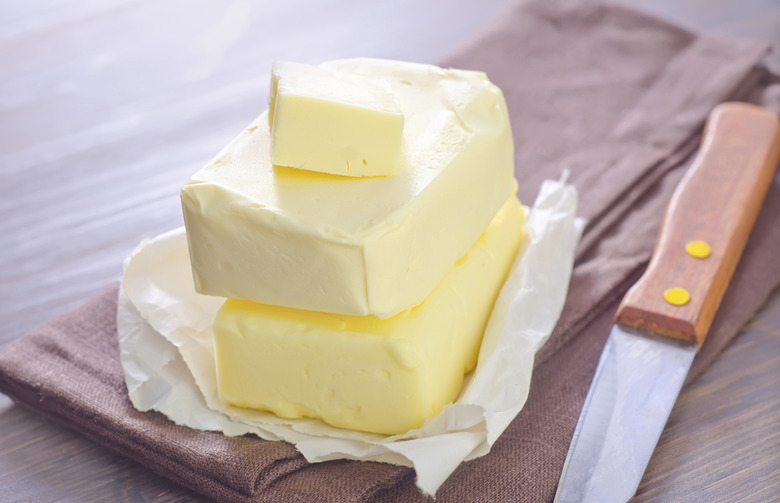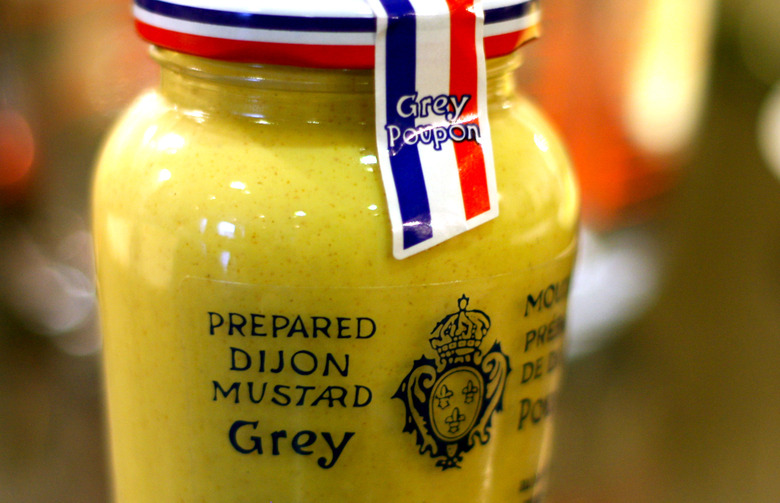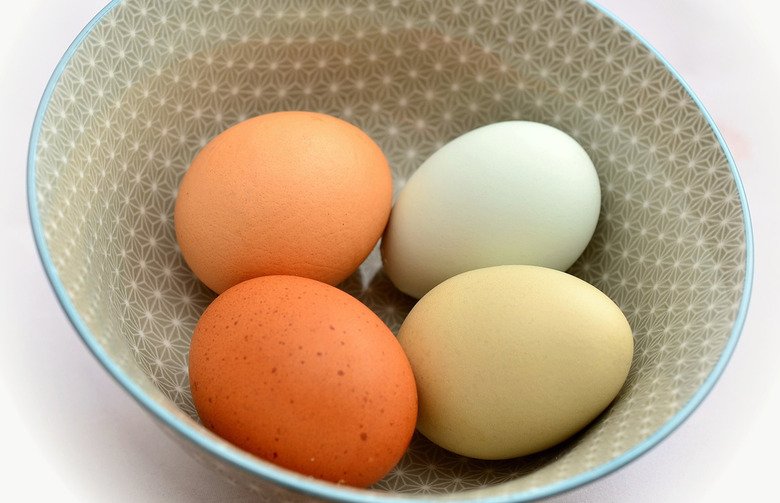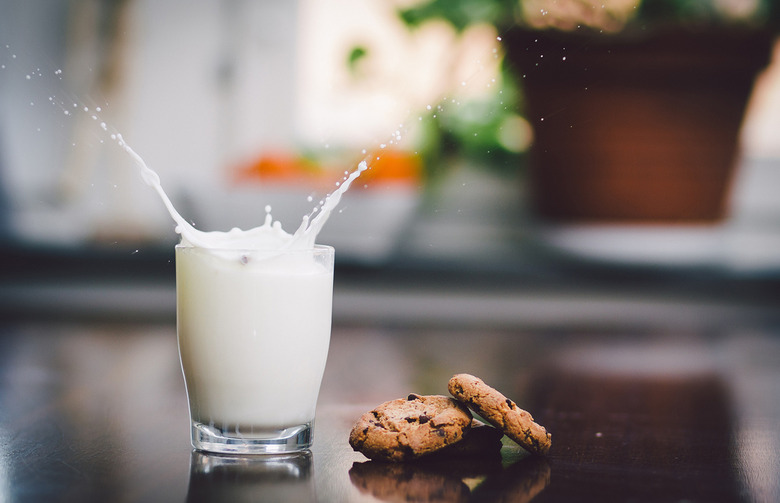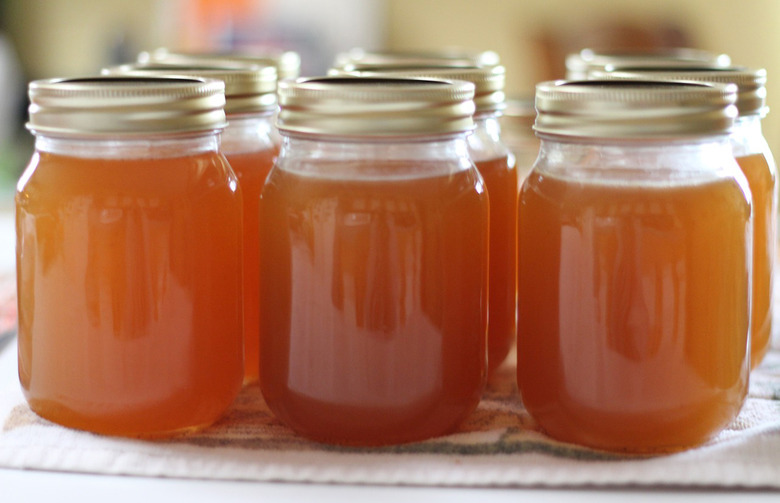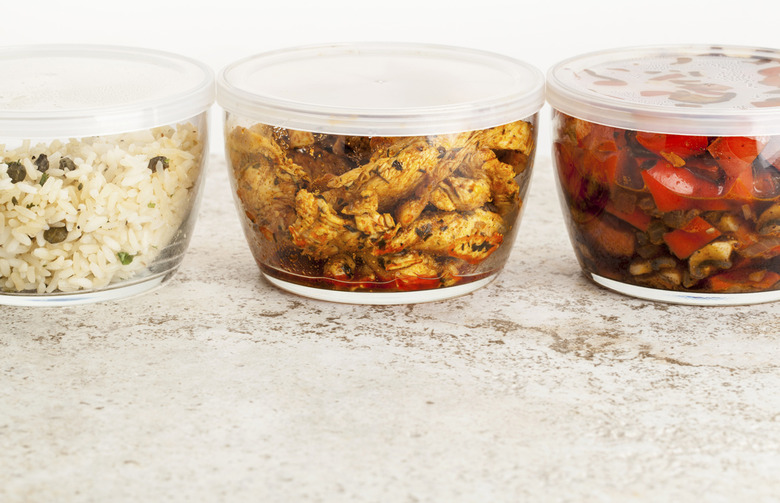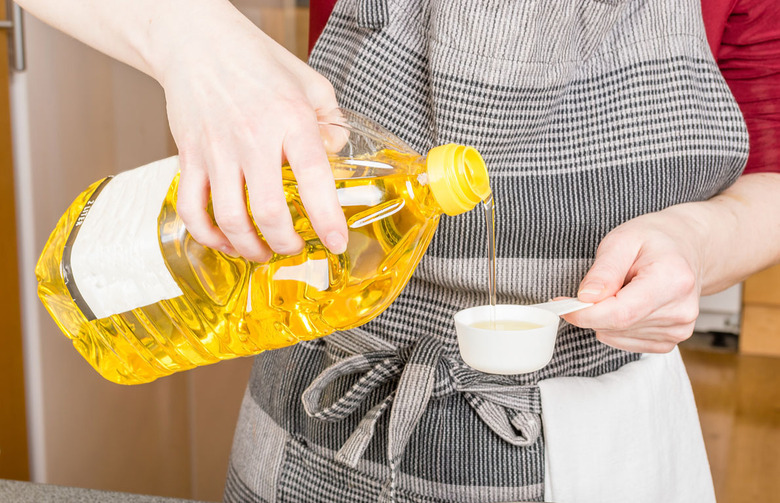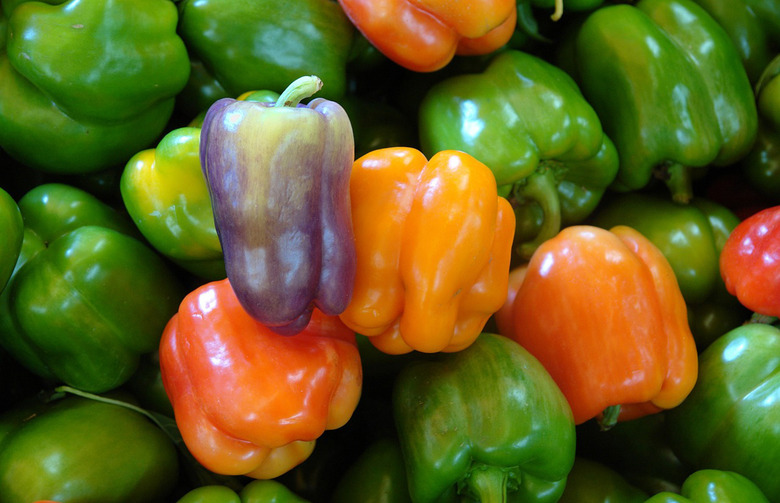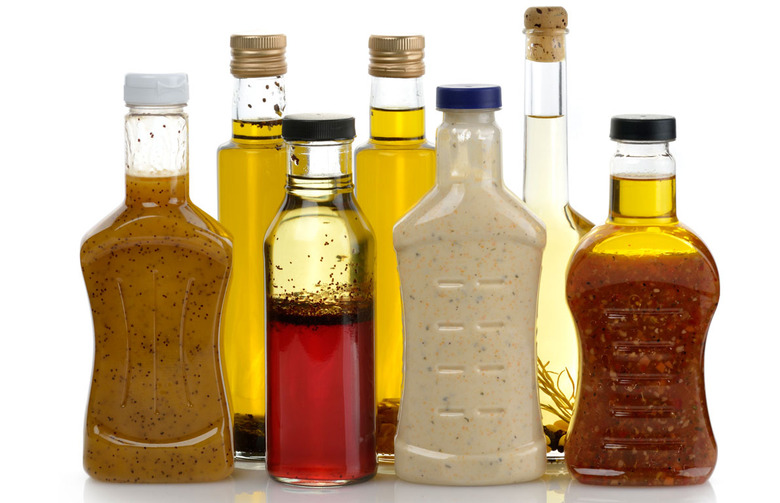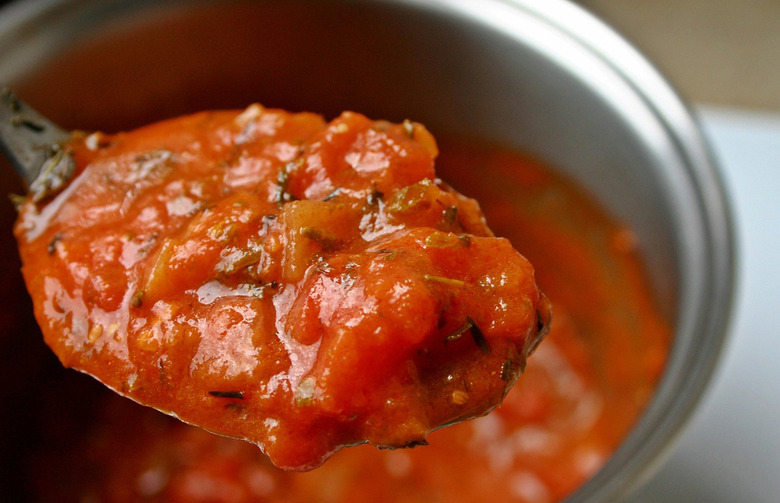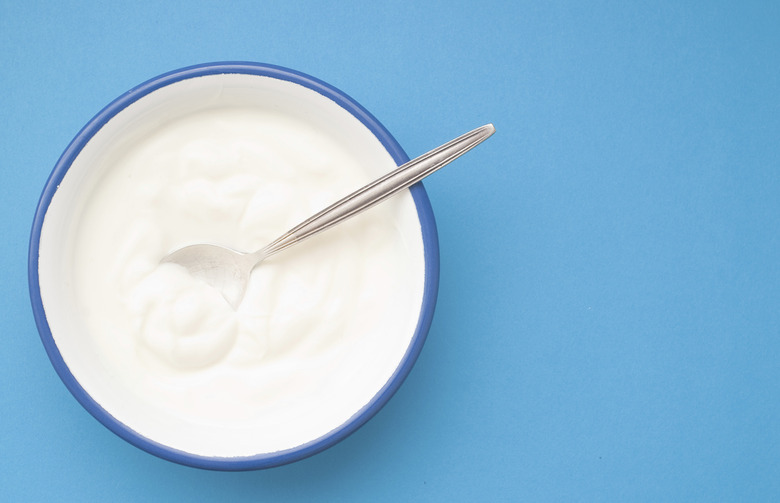14 Staples That Are Always In Your Fridge And How Long It's Safe To Keep Them There
Use a thermometer to ensure that your fridge is set to the proper temperature of 40 degrees F. Remember to wrap, seal, or store all food in airtight containers in the fridge to lock in flavor and keep out unwanted odors. Also, remember to organize your fridge so that raw meats are at the bottom in a package that will contain any juices and prepared foods are safely stored above any potentially contaminating foods.
To keep your fridge well-stocked and clean, check out these 14 foods that are always in your fridge and how long they should stay there.
Butter
Cheese (Hard and Soft)
If you are like most of us and have a strong affinity for cheese, then you need to know how long your cherished block of Cheddar will keep in the fridge. Hard cheeses like Cheddar or Swiss will last three to four weeks in the refrigerator wrapped tightly in plastic wrap or cheese paper, Soft cheeses, unfortunately, have a shorter shelf life and should be consumed within a week or two after opening.
Dijon Mustard
This life-saver ingredient adds flavor to our salad dressings, marinades, and sandwiches, but it only lasts so long stored in a refrigerator's conditions. Luckily, you have a year to consume most commercially made mustards that are stored in a refrigerator.
Eggs
Eggs can last beyond the date marked on their carton. Check the freshness of an egg by placing it in a glass of water. If the egg floats, it has outlived its usefulness. In general, you have three to five weeks to consume eggs that have been stored in the refrigerator. Additionally, you can store cracked, lightly beaten eggs in the freezer.
Milk
To preserve the freshness of milk, it needs to be stored at or below 40 degrees F at all times. If stored properly, milk can keep for about a week past the expiration date printed on the carton.
Jams
The shelf life of jam is directly related to its sugar content. The higher the sugar content the longer the fruit preserve will keep without a noticeable loss in flavor. Most jams will last between six months and a year from the date the jar was originally opened.
Juice
Freshly made juices have a short shelf life of roughly 72-hours stored in a fridge. Luckily, commercially sold juices are pasteurized, and will keep in the fridge for roughly a week to 10 days after opening.
Leftovers
In order to remain on the safe side, leftovers should never be left out of the fridge at room temperature for more than two hours. If you store your leftovers within two hours, be sure to wrap food well in plastic wrap or keep it in an airtight container. Leftovers will still be safe to eat for three to four days after cooking if stored in your fridge properly.
Mayonnaise
Your favorite condiment used for sandwiches, traditional chicken salads, and as the base for dipping sauces like aïoli will last two to three months past the sell-by date on the package if it is stored properly in the fridge.
Oils
Oils go rancid, and some go faster than others. Nut oils like walnut tend to spoil faster than vegetable oils, so storing them in the fridge will improve shelf life. Oils will congeal and turn cloudy in the colder temperatures, but should return to normal once they reach room temperature.
Produce
Salad Dressings
Opened salad dressing will keep for months in the fridge. Vinaigrettes can last up to three months, whereas cream-based dressings will only keep for about one to two months after opening.
Tomato Sauce
Tomato sauce expires within the week after opening. So next time you open a jar of marinara for a simple dinner of spaghetti, consider these other recipes, like baked eggs, that will help you quickly use up the remaining sauce.
Yogurt
Don't toss this delicious and healthy snack too soon. Yogurt lasts between seven and ten days past the sell-by date printed on the package.

